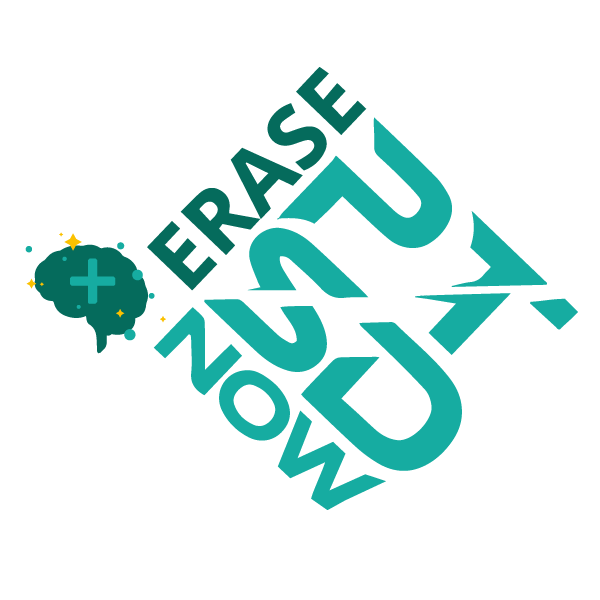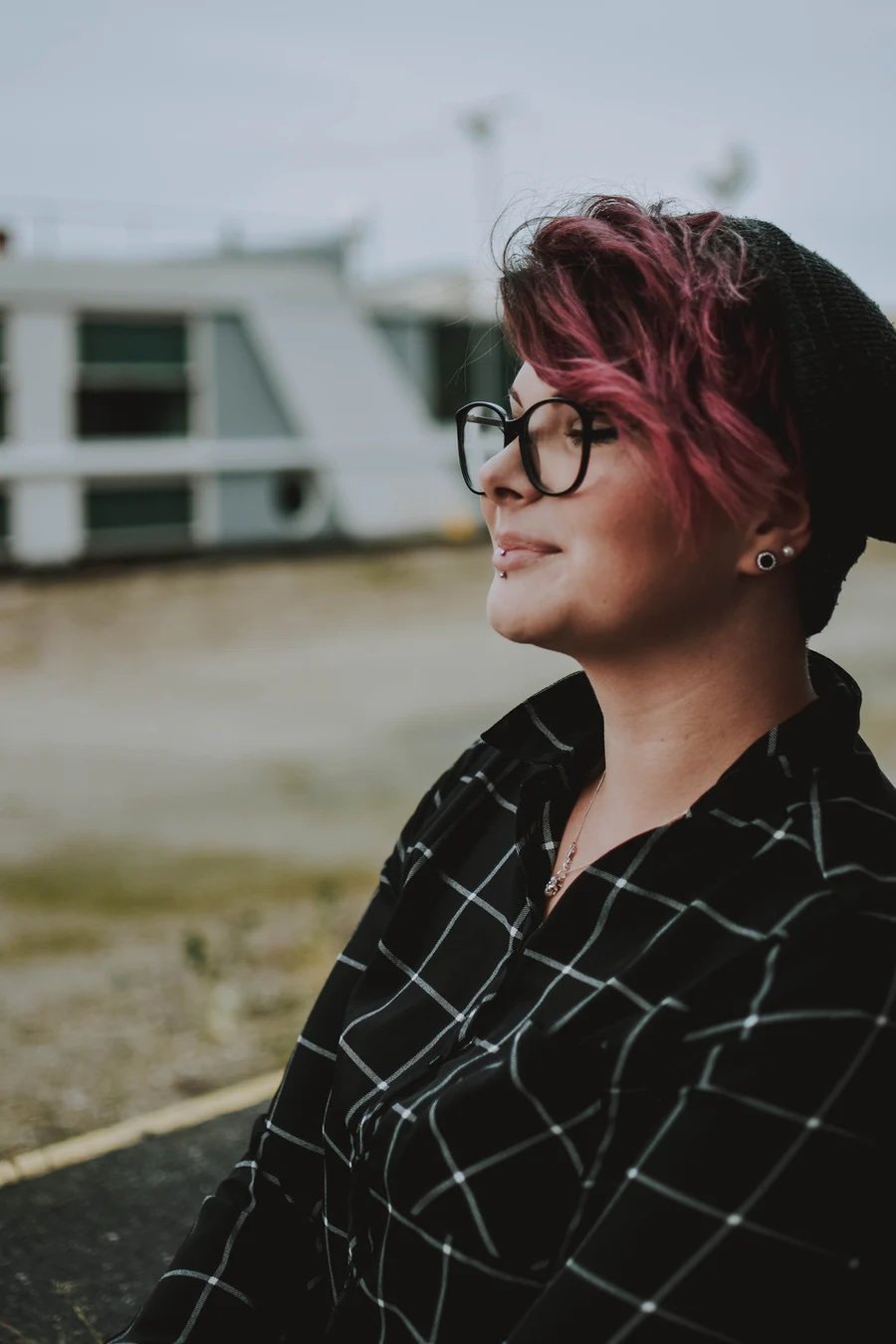OUR IMPACT
1512 Treatments
1148 Lives changed!
$1,961,115.00 invested
in life saving procedures
From October 2020 to December 2025
THE IMPACT IS IN THE PCL SCORE
DROP IN PTSD SCORE via the PCL-5
Proving SGB is a HIGHLY effective treatment for PTSD. A 10 point drop is considered significant, years of therapy typically can't achieve a drop of 10.
CONFIRMATION OF SGB BEING A SUCCESSFUL TREATMENT
As more analysis is conducted and positive outcomes documented, confirmation of SGB as a successful treatment of PTSD continues to increase, as evidenced by the research, case report, and survey summaries provided below:
Improvements in PTSD symptom severity were confirmed using the PTSD Military Checklist and improved memory dysfunction as evaluated using the Rey Auditory Verbal Learning Test in a combat-exposed veteran with persistent PTSD and co-occurring alcohol disorder.
Within one month of administering the initial SGB, a 43.6% reduction in PTSD severity was observed, combined with an immediate memory increase of 50%, 28% recent memory improvement, and recognition memory improvement of 25%.
The second round of SGB yielded a PTSD severity decrease of 58%, with immediate, recent, and recognition memory registering 50%, 58%, and 36%, respectively.¹
PTSD Severity Reduction
Recent Memory Improvement
¹Lipov EG, Navaie M, Brown PR, Hickey AH, Stedje-Larsen ET, McLay RN. Stellate ganglion block improves refractory post-traumatic stress disorder and associated memory dysfunction: a case report and systematic literature review. Mil Med. 2013 Feb;178(2):e260-4. doi: 10.7205/MILMED-D-12-00290. PMID: 23764335.
MEET SOME OF OUR SURVIVORS
95% of Psychologists, licensed clinical social workers, psychiatric nurse practitioners, and psychiatrists would recommend SGB
Behavioral health specialists – psychologists, licensed clinical social workers, psychiatric nurse practitioners, and psychiatrists - with expertise in the treatment of PTSD participated in a qualitative survey analyzing their personal experience with pairing SGB with trauma-focused psychotherapy. As a result, SGB was rated 'as useful' as those therapies listed as 'most valuable' by the American Psychological Association Clinical Practice Guideline for the Treatment of Post-traumatic Stress Disorder. When asked which PTSD symptom SGB most impacted, 96% of respondents identified 'Arousal/Reactivity' with an overall 95% affirming they would recommend SGB to colleagues.²
²Lynch JH, Muench PD, Okiishi JC, Means GE, Mulvaney SW. Behavioral health clinicians endorse stellate ganglion block as a valuable intervention in the treatment of trauma-related disorders. J Investig Med. 2021 Jun;69(5):989-993. doi: 10.1136/jim-2020-001693. Epub 2021 Mar 16. PMID: 33727214; PMCID: PMC8223658.
TREATING PTSD SINCE 2009

Pre-SGB clinical interview findings for 166 service members presenting PTSD symptoms and confirmed using the PTSD Checklist (PCL) recorded clinically significant PCL scores – 10 points or more considerable increase – after SGB therapy. Further, the improvement persisted, as confirmed by both three-month and six-month follow-up PCL scores.³
³Mulvaney SW, Lynch JH, Hickey MJ, Rahman-Rawlins T, Schroeder M, Kane S, Lipov E. Stellate ganglion block used to treat symptoms associated with combat-related post-traumatic stress disorder: a case series of 166 patients. Mil Med. 2014 Oct;179(10):1133-40. doi: 10.7205/MILMED-D-14-00151. PMID: 25269132.Based upon a case report documenting the use of SGB therapy on PCL confirmed PTSD-affected service members at Tripler Army Medical Center, SGB showed acute benefit for the symptoms of PTSD by markedly reduced PCL scores – 30 – 50 points - after the procedure. Benefits were also sustained during close outpatient follow-up.⁴
⁴Alino J, Kosatka D, McLean B, Hirsch K. Efficacy of stellate ganglion block in the treatment of anxiety symptoms from combat-related post-traumatic stress disorder: a case series. Mil Med. 2013 Apr;178(4):e473-6. doi: 10.7205/MILMED-D-12-00386. PMID: 23707834.




“The minute I received SGB, I could tell a difference. I slept better, I was calmer, everyone around me noticed that I wasn't on edge. Other people felt their own feelings and I did not make their problems my problems. I was able to finally feel my own feelings and deal with them in therapy.” - Angie C. (SGB Patient funded by Erase PTSD Now)